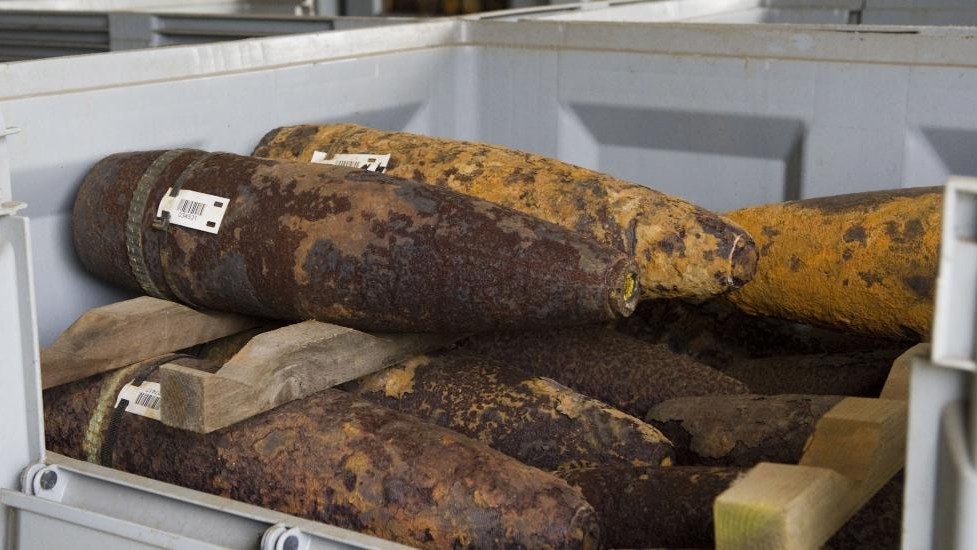By Joseph Olukusi Alwala
Across international borders, chemicals that can be used for both benevolent and malicious purposes are frequently traded. Many of them are being misused in explosives, and recreational drug synthesis. The properties that make these chemicals essential to society also lead to their misuse as chemical weapons or for chemical weapon production. This conundrum automatically leads to questions such as: “What can the government do through its scientific community to prevent malicious uses of the chemicals needed by the citizens?” and “What do our educators require to help tackle this problem of dual use of chemicals?” This dual-use nature of hazardous chemicals leads to an unfortunate reality and no country is immune to the malicious use and impacts of chemicals.
The good news is that there exists an Organization for the Prohibition of Chemical Weapons (OPCW). This is an international organization that oversees the implementation of the Chemical Weapons Convention (CWC). This organization promotes chemical safety and security by providing tools and knowledge to mitigate the risks arising from chemical accidents and potential misuse of toxic chemicals, including the threat of terrorism. Fortunately, Kenya is a member of OPCW.

Ethical approach and behavior in handling of chemicals should not be ignored. It is a way to bring the communities together towards the common good of safety and security of chemicals. Chemical practitioners in the country must voluntarily adopt the ethical codes or guidelines such as ‘The Hague Ethical Guidelines and the Global Chemists’ Code of Ethics (GCCE). The ministry of health and internal security should empower people so that they are guided by a shared mission. Through this they are likely to bring a sense of professionalism to their work and to hold each other accountable for ethical behavior. New employees need scenario-based training to practice acting ethically and discuss ethics. University professors have a duty to educate others on the importance of ethical behavior, capitalize on teachable moments to help others understand the principles behind the desired behaviors, encourage others to speak up and act when they see something wrong as far as chemicals industry is concerned.
The government has a duty to investigate chemical security attitudes and practices and present them via surveys, overviews, and discussions of frameworks. The emphasis should be on the mutual support, independence, and conflicting nature of chemical safety and chemical security practices and attitudes. Detailed analysis of all relevant security policies and regulations that impact on manufacturing industries need to be studied. In addition, universities should encourage studies that start to unearth the needs related to chemical security in secondary and higher education in the country.
Laboratory experiments and classroom approaches must aim at illustrating or demonstrating chemical security topics and principles. Educators should strive to provide interesting, topical experiments lectures to their students and clearly explain ideas for engaging students in the detection of dual-use chemicals.
Universities and industries rarely discuss chemical security and safety education. The chemists have a duty to understand the risks posed by chemicals, equipment, and expertise. This can be achieved if only they work with our industries to promote best practices, our governments to make common sense reforms, and our institutions of higher learning to incorporate chemical security training. Experiences with chemicals need to be shared continuously.
The conversation on chemical security education must continue. Education on the hazards of chemicals, the potential for their malicious use, and ways to reduce the likelihood of chemical security incidents is paramount. All scientists should commit to understanding and sharing safety and security risks associated with the chemicals they use.
The Author: Joseck Olukusi Alwala is the Head of Chemistry Laboratories, Kibabii University, and Organizing Secretary, Kenya Chemical Society, Western Chapter

